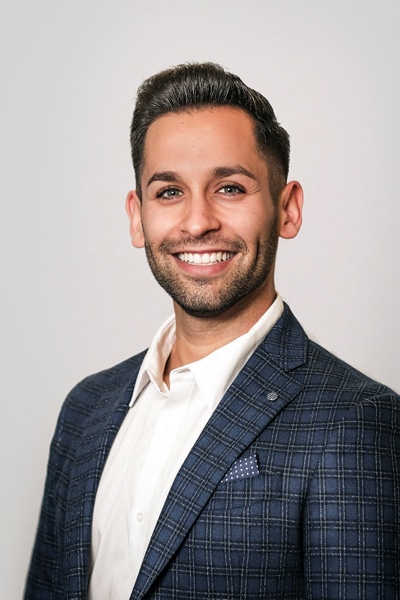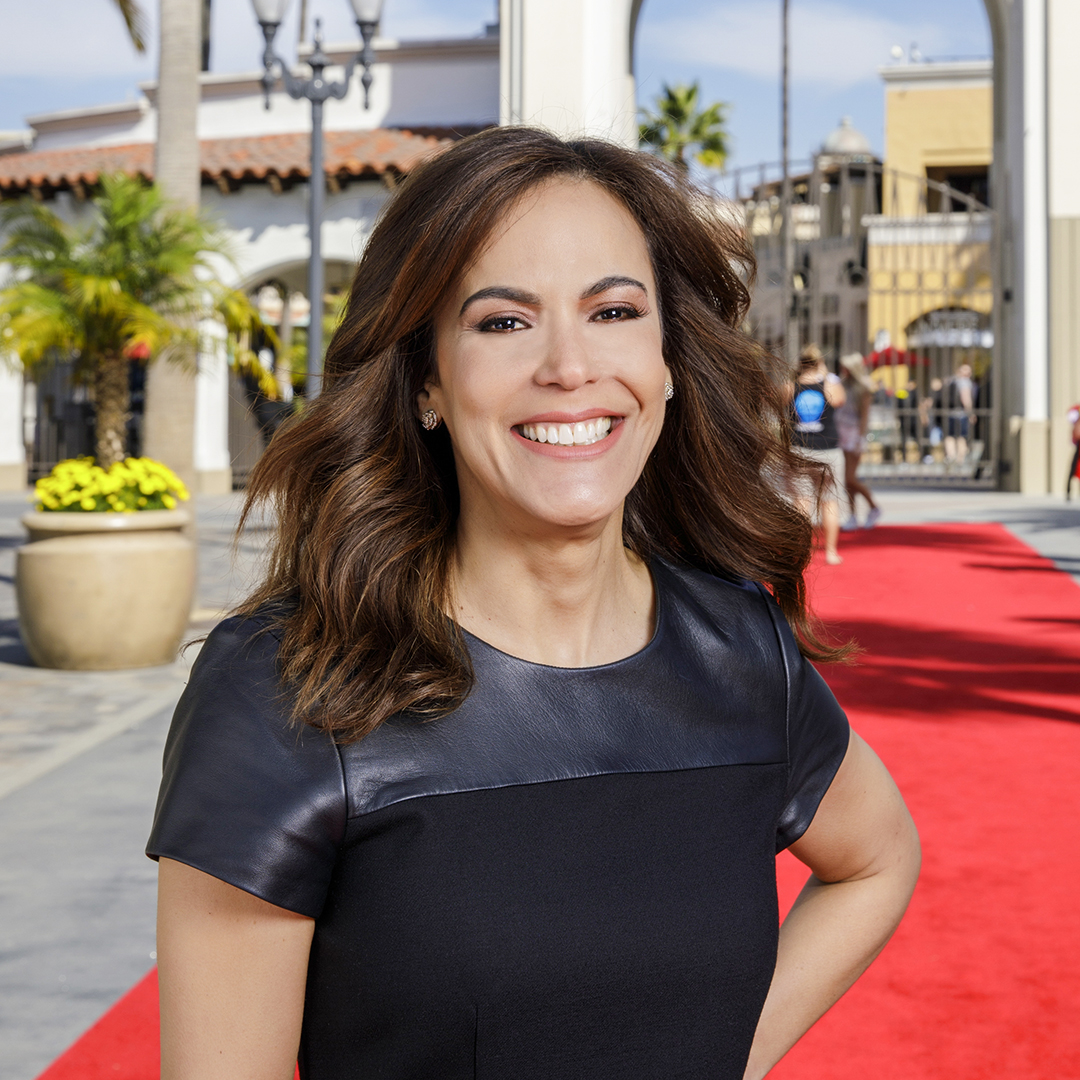|
Getting your Trinity Audio player ready...
|
Regardless of where you stand on the political spectrum, ‘We the People’ are agents of change.

The US has a longstanding history of movements that bring about social change, from voting rights to civil rights, school desegregation, equal rights for women, and, most recently, LGBTQIA+ rights and immigration reform. Through these movements, we have achieved change—in fact, our country and its policies have been shaped on a foundation of community activism.
Beyond the citizens of our country, humans in general have a moral idealism that drives us to act when something is not right or does not fit with our ideals. When we see injustice, we feel a duty to change the rhetoric by fixing what is wrong.
The term “community activist” might make you think of a protest leader. But at a basic level, community activism is about creating opportunities for growth and change. Take, for example, Dolores Huerta and Cesar Chavez. They both believed that farm workers needed to have fundamental human rights, such as access to a bathroom when out in the field and earning a living wage. Through their success in community activism, they were able to unionize farm workers.
The term “community activist” might make you think of a protest leader. But at a basic level, community activism is about creating opportunities for growth and change.
Of course, community activism does not have to mean starting a movement. Smaller forms of community activism involve going out to vote in an election, using social media to raise awareness on an issue, or organizing a community service day at the local level (ie, gathering neighbors to clean a park or adopt a street to clean every month).
I have found that the best way to be a community activist is to speak out and motivate others on a matter you’d like to see change. Most likely, you are not alone. You will find other people with the same frame of mind, and soon it becomes a small movement.
Connect with Pablo Benavente
Back in 2016, I was a little frustrated in the way my city council looked—white, with a median age of seventy. So, I decided to run for city council to raise awareness that the council did not represent the demographics of its own city. Even though I did not win, I planted the seed within my community to move from at-large races to district races to better represent our communities. Since then, the city council has become more diverse and our city’s districts are better represented.
There are many ways you can get involved in community activism—you just have to find the best way to get your message out to spark change. We all have heard that “actions speak louder than words”—well, it is true. If you really want change to happen, you have to get active and help. When we lift others, we all rise.
As Gandhi once said, “Be the change you wish to see in the world. Don’t wait for the world to change—go out and make a difference.”
Pablo Benavente is the government relations manager for Turo, a peer-to-peer carsharing company based in California. His work focuses on relationships with key legislators, committees, and other organizations that impact Turo on both the state and federal level. Before working at Turo, he was an outreach representative and political manager for NextGen America in the San Francisco Bay Area where he monitored local political campaigns while building relationships with local organizations. Additionally, Pablo has experience working with labor unions as the political coordinator for the Service Employees International Union Local 2015. Before he worked in government relations, he was a Congressional Aide for Sam Farr (D-CA). He is the current co-chair of Monument Impact, a nonprofit focusing to help immigrant communities.

